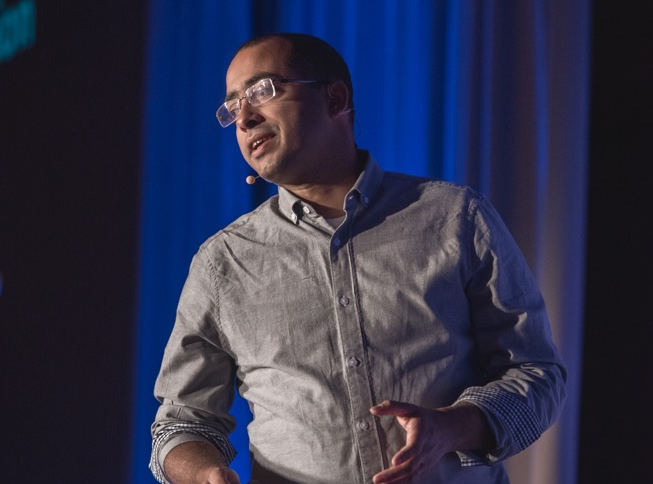There are a lot of companies today that proudly wear the open source badge to show their dedication to various open source projects, particular communities, or to just the idea of open source licensing. Many companies have gone Red Hat’s initial route and created a revenue model based on support and services for open source projects. That was the initial path of Lucidworks, too. We offered support and consulting contracts for customers who wanted to take advantage of the benefits of open source software but didn’t want to have to rummage around in mailing lists or discussion forums trying to get help troubleshooting. And we did fine building a robust support, services, and consulting business. But eventually we learned that this approach wouldn't scale the way we wanted it to in terms of time, staffing, or revenue. There had to be a different way.
We’d been building Apache Solr-based apps for several years for clients in a variety of industries for a variety of use cases. We noticed that there were a lot of common capabilities that open source Solr lacks out of the gate but that nearly every dev team went on to spend weeks or months recreating. What if we could offer a complete platform for building search apps that had all of those problems already solved – all the code QA’ed and tested and ready for deployment? That’s why we went on to create our Fusion platform. Fusion lets developers leap over several month’s worth of development time and resources by providing the common capabilities all search apps need. With Fusion, teams can focus their energy and budget where it matters - in building out the capabilities and features specific to their organization or business needs. We debuted the platform in fall of 2014 and opened up a new revenue stream for the company.
The revenue for our platform is based on a recurring license so we’re able to build revenue over time with more and more licenses. We are still very much dedicated to open source Solr – and increasingly Apache Spark – as the foundation of our platform for building data apps. We’ve avoided commercializing fundamental features with broad cross-industry appeal such as security and monitoring, as taking these features out of the hands of the open source community can potentially threaten the integrity of the project. We understand that Apache Solr thrives because of its community and contributions from organizations all over the world. At the same time, we can offer a commercial solution that saves a dev team 3 months and several thousands of dollars to simply get an app up and running.
We still offer support, training, and consulting for our customers, but the addition of our platform gives us more variety in revenue streams allowing upward growth and sustainability as an open source company. We retain an obligation to the community to give back to the projects that have been so crucial to our success, which is why we employ 1/3 of the Apache Solr committers who continue to work on open source Solr and we host the community’s annual conference. This dedication to community and giving back is of paramount importance to us. Without a community, you don’t have an open source project. It’s a careful balance, creating value from a project that is owned and created by a community, while still giving value back that benefits everyone in the community.
Bio:
Will Hayes is CEO of Lucidworks, a San Francisco-based enterprise search company. Lucidworks provides the search platform for the world's biggest brands, built on the open-core, open-source search project Apache Solr. Previously, Will worked at big-data analysis company Splunk and biotech firm Genentech.
Twitter handle: @iamwillhayes

